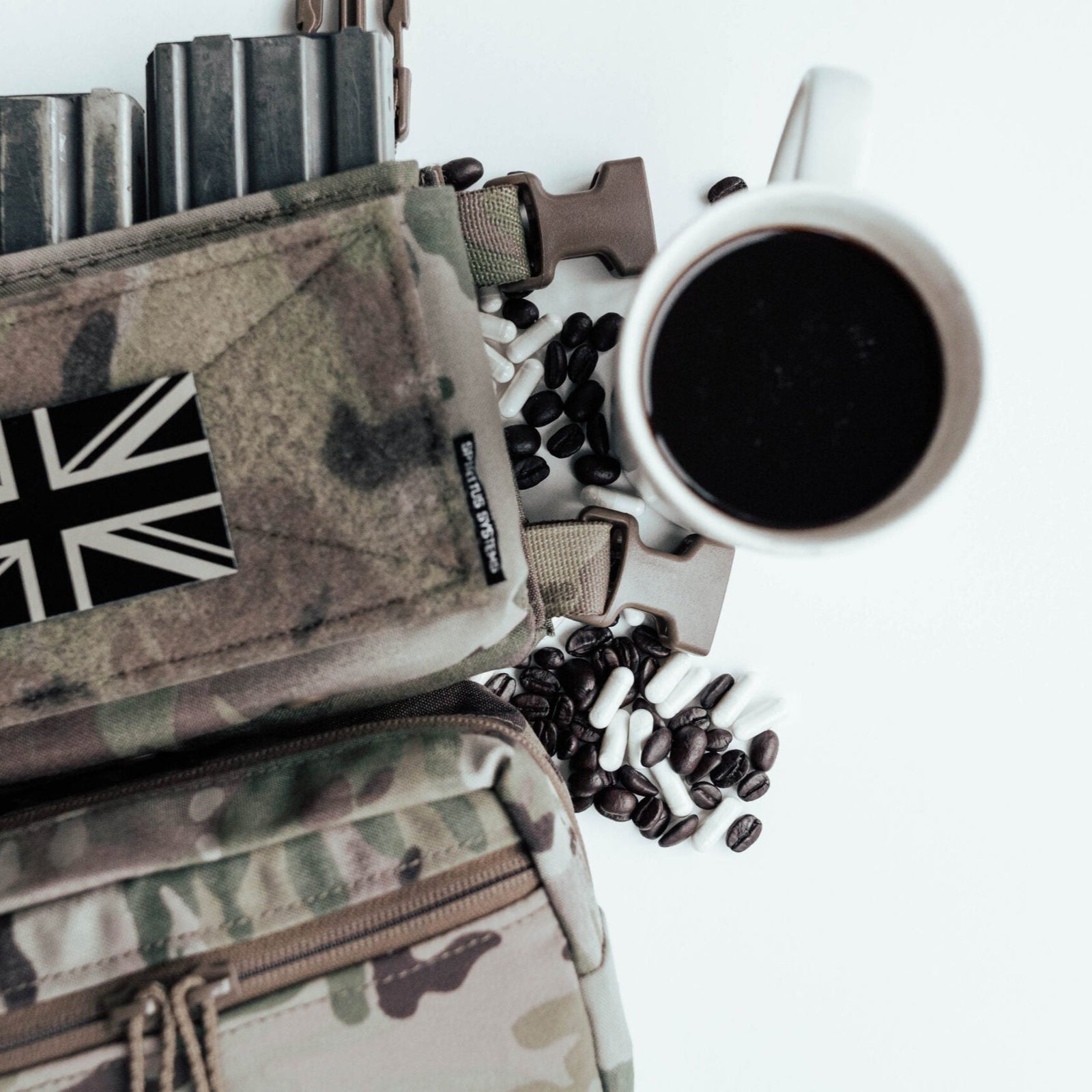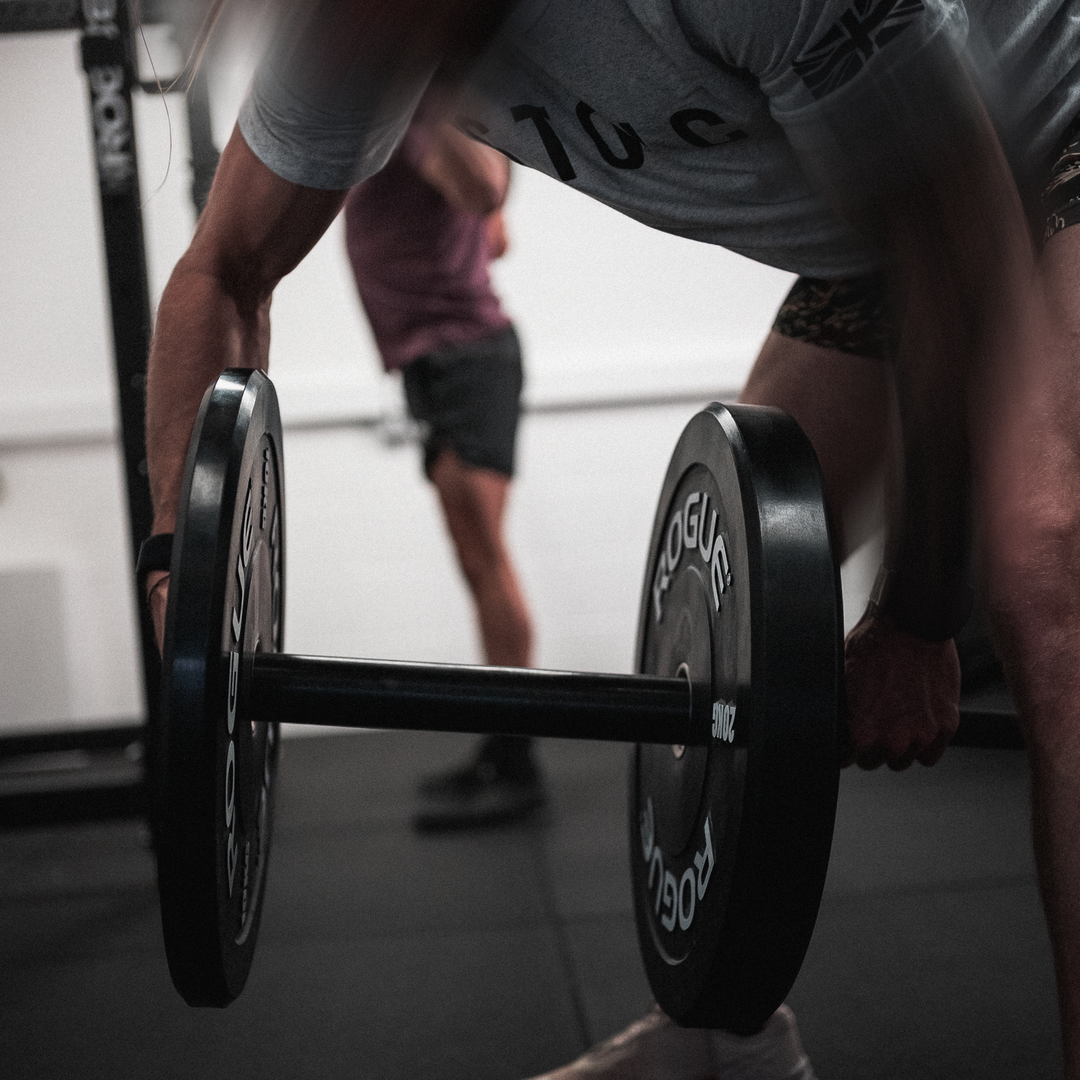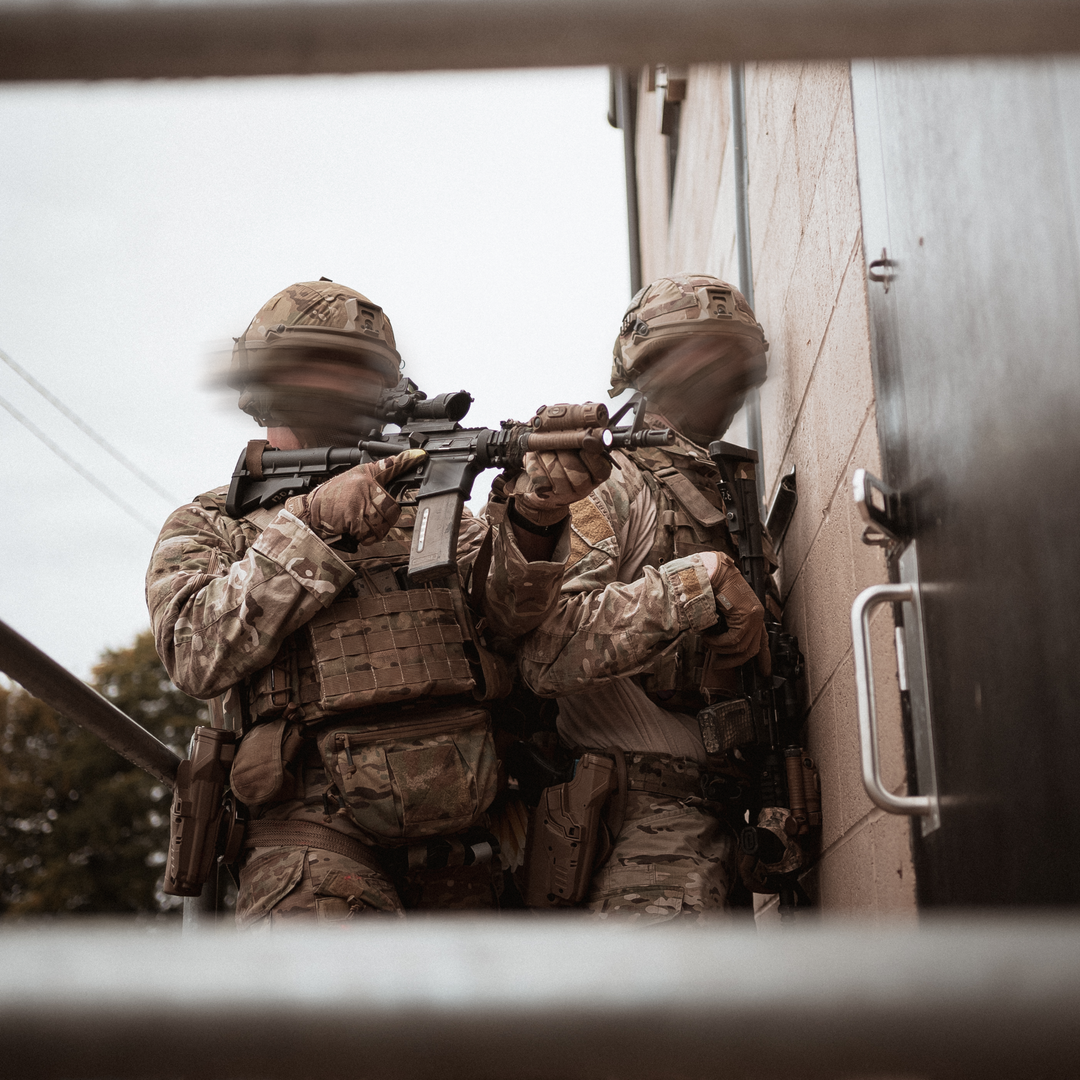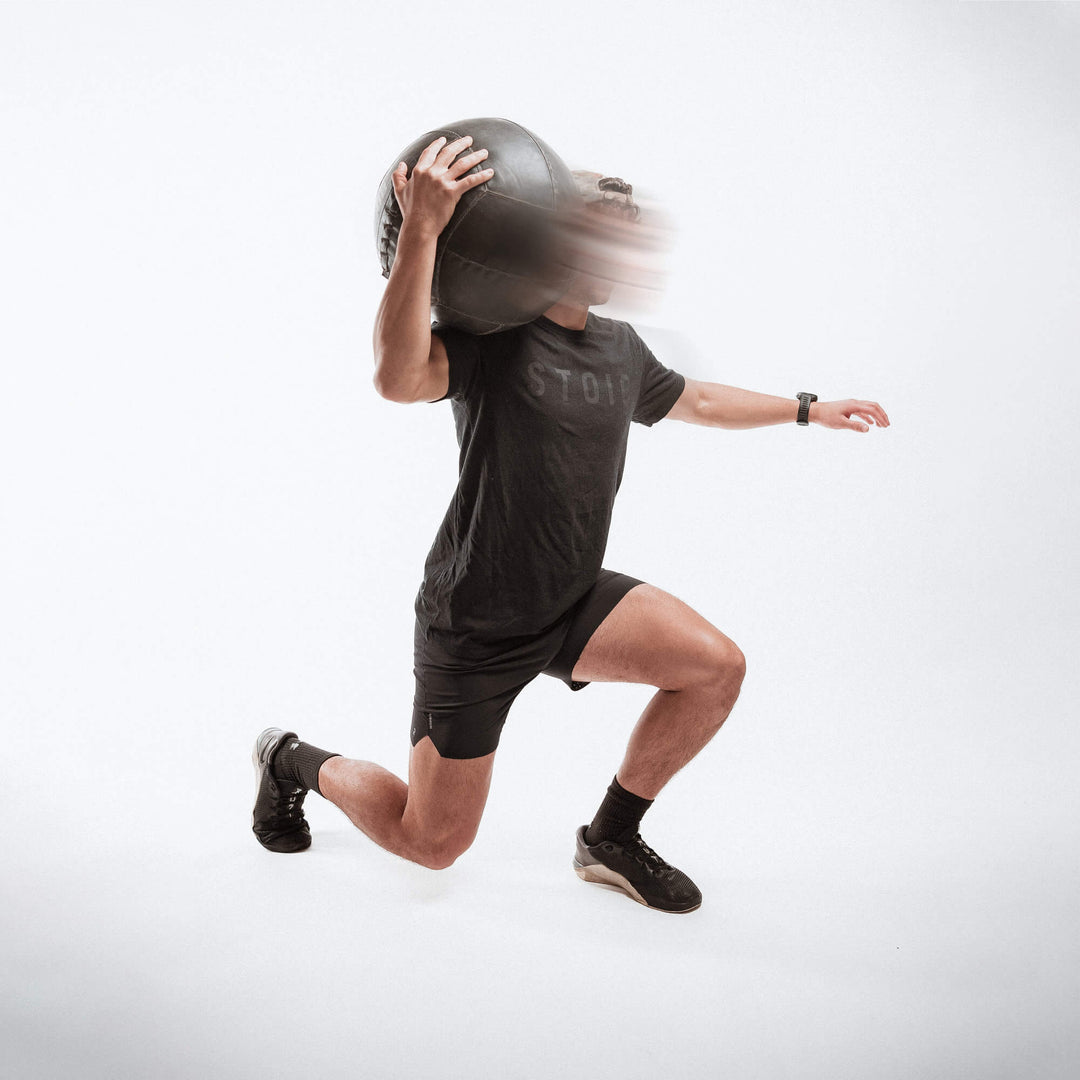5 KEY USES OF CAFFEINE FOR OPERATORS AND SOLDIERS

Caffeine:
Caffeine can be found in coffee beans or in synthetic form. It is arguably the best and most researched legal performance enhancing ergonomic aid available but it is also often misunderstood and misused. It is classified as a nootropic as it has an effect on the brain as well as the body.
It is a strong cardiovascular stimulant that increases epinephrine output and therefore is the most common ingredient utilised in energy drinks. Its main mechanism is based on antagonising adenosine receptors in the brain. When these receptors have adenosine bound to them it causes fatigue and sleepiness.
Caffeine blocks adenosine from binding to these receptors and therefore causes alertness and wakefulness rather than fatigue. Caffeine blood concentrations are suggested to peak between 20–30 minutes after consumption.
The Effects:
Here are some of the effects of caffeine/coffee on performance for operators and soldiers:
- In controlled studies, caffeine has been shown to boost performance by 5-25%.
- Caffeine is effective for enhancing sports performance in trained and untrained athletes when consumed in low to moderate dosages (3-6 mg/kg of body weight).
- Caffeine has been shown to enhance vigilance during bouts of extended exhaustive exercise as well as periods of sustained sleep deprivation (1).
- Caffeine can improve mood and motivation to train. This in turn will improve the results from gain from that session.
- Caffeine is ergogenic for sustained maximal endurance exercise and may be effective in time-trial performance and repeat sprint performance. The reason caffeine is so beneficial for endurance is due to it reducing the perception of pain and fatigue while improving energy usage and increasing maximum oxygen uptake during exercise (2).
- The scientific literature shows that caffeine does not cause dehydration or any harmful change in fluid balance that would negatively affect performance. It may increase urination for the first few days of consumption but this effect goes away after a few days of use.
- There is evidence to support that caffeine can reduce muscle soreness (DOMS). These studies were based on using 3-5mg/kg of body weight of caffeine and may not be effective when just using coffee.
- Caffeine consumption does show small increases in the hormone cortisol (stress) but the body quickly returns this to normal.
- A systematic review and meta-analysis of 30 studies found that coffee consumption was associated with a lower risk of type 2 diabetes, cardiovascular disease, and Parkinson’s disease (3).
- Many of caffeine’s benefits are subject to tolerance. Once that tolerance is built up, caffeine will not affect that person no matter the dosage. Our recommendation here is to periodically have month-long breaks from caffeine as this has been shown to reduce tolerance.

Considerations for the Tactical Population:
For operators and soldiers, caffeine is readily available and can be safely consumed for ergogenic effect. However, adhere to the guidelines provided and always test in a controlled safe environment as effects may vary between individuals. This will allow you to find the optimal amount needed to receive an ergogenic effect.
For visual purposes, an average cup of instant coffee will contain 175mg of caffeine. Therefore an 80 Kg male would require between 240Mg-480mg of caffeine in accordance with the scientific literature to obtain an ergogenic benefit.
This translates to a requirement of roughly 2 cups of coffee 20-30 minutes before exercise. As research shows, caffeine can also be utilised in the field as it has the effect of enhancing vigilance in times of severe sleep deprivation, which is greatly welcomed by operators and soldiers on exercises.
PLEASE NOTE the above does not apply to commercial energy drinks or pills these contain a variety of ingredients unregulated and often varying in caffeine content and quality, we recommend that you remove these from your diet and especially your training regime.
Conclusion/Recommendations:
Caffeine is relatively cheap and readily available. When utilised safely and effectively the evidence shows it will enhance performance. Most literature points towards a dosage of 3-8mg/kg of body weight. When tolerance to caffeine is achieved, taking a month off will reduce your body’s tolerance.
References:
- McLellan, T. M., et al. (2016). Caffeine improves physical and cognitive performance during exhaustive exercise. Medicine and Science in Sports and Exercise.
- Grgic, J., et al. (2020). Caffeine ingestion enhances Wingate performance: a meta-analysis. European Journal of Sport Science.
- Poole, R., et al. (2017). Coffee consumption and health: umbrella review of meta-analyses of multiple health outcomes.




